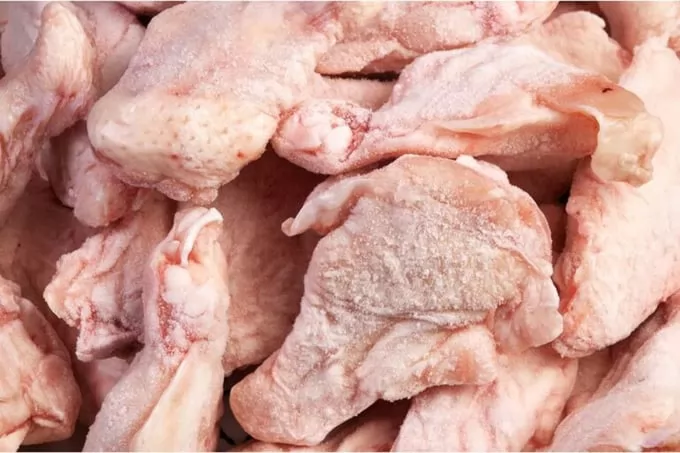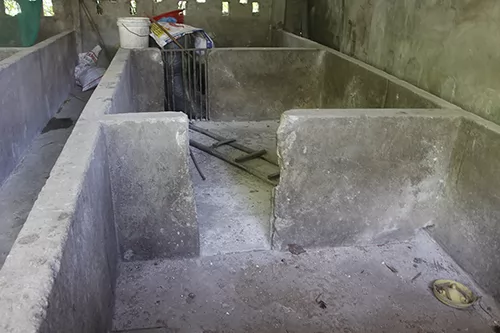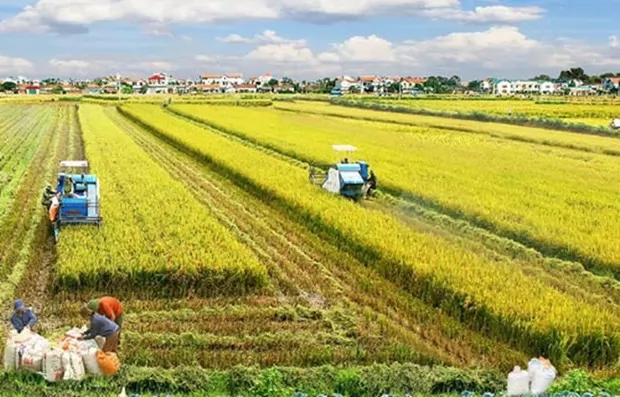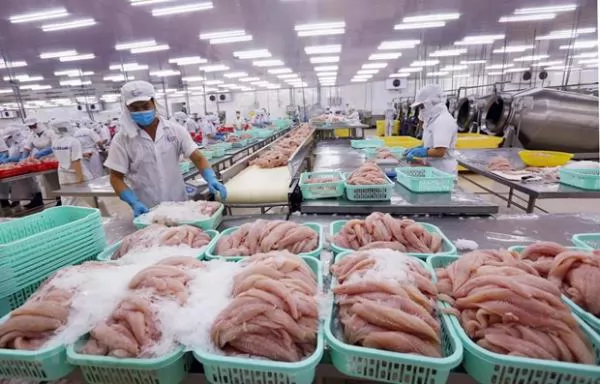US poultry exports to central Asia is in jeopardy

In 2015, Russia suspended the transit of US poultry for several months. Photo: Canva
(VAN) Russia mulls banning US poultry transit through its territory, citing concerns over highly pathogenic avian influenza. The move would hurt the US broiler meat export to central Asia.
The Russian veterinary watchdog Rosselhoznadzor is considering prohibiting the transit of US poultry through the country, Russian state news outlet Ria Novosti has reported, citing a source close to the matter. The measure is justified with a need to protect Russia and Kazakhstan from bird flu, as the Russian officials see the veterinary situation in the US as “unstable”.
In 2015, Russia suspended the transit of US poultry for several months. The source has not specified the timeframe for new restrictions, only emphasising that Russian veterinary officials consider the dynamics of the spread of bird flu in the world troublesome.
The Russian transit ban could undermine US poultry exports to central Asia. In Kazakhstan, where US imports historically played an important role, poultry farmers have backed the idea.
Quality concerns
Ruslan Sharipov, president of the union of poultry farmers of Kazakhstan, said that his organisation struggled to restrict imports from the US for the previous 6 or 7 years. He also expressed concerns that US exporters deliver products of dubious quality to the Kazakh market.
“Out there [in the US], this poultry meat is stored at the warehouses for 10 to 15 years. To get rid of it, they export it to our country at a low cost. But it no longer has any nutrients. Have you tasted this meat? It’s like foam,” Sharipov told local press.
No viable alternative
Under the Kazakhstan WTO accession agreement, the US has a right to export 128,000 tonnes of chicken legs and 12,000 tonnes of broiler carcasses to Kazakhstan per year, according to Sharipov.
The entire quantities are delivered to Russia by sea, where they are reloaded to trucks or railways to be shipped to central Asia. Sharipov agreed that a threat of “bird flu coming from US chicken is quite real”. It is believed that alternative routes of delivering poultry to the region are associated with high logistics costs.
In addition to Kazakhstan, US poultry is also delivered to other countries in central Asia, though in smaller quantities.
The market is braced for impact
Sharipov also claimed that Kazakh customers would not feel the ban on the US poultry imports. He forecasted that in 2023, the country will manufacture 350,000 tonnes of poultry meat, slightly above the previous year’s level.
The US poultry imports met 20-25% of demand on the Kazakh poultry market.
HD
(PW)
Maybe you are interested

Vietnam farmers in dire need of piglets to restock hog herds
Replenishing their decimated hog herds hit by African swine fever remains a difficult task for farmers as the market runs short of piglets.

Australian, Vietnamese experts develop new rice variety to tackle climate change
SunRice, Australia's largest rice supplier, will partner with Australian and Vietnamese researchers to develop a new variety of rice that helps farmers in the Mekong Delta adapt to climate change and offers a fresh opportunity to increase exports from the

Digital technology and innovation help change food system: experts
HÀ NỘI — Digital technology and innovation play an important role in increasing production efficiency, productivity, food safety and distribution, as well as in connecting producers with consumers, according to Deputy Prime Minister Phạm Bình Minh.





